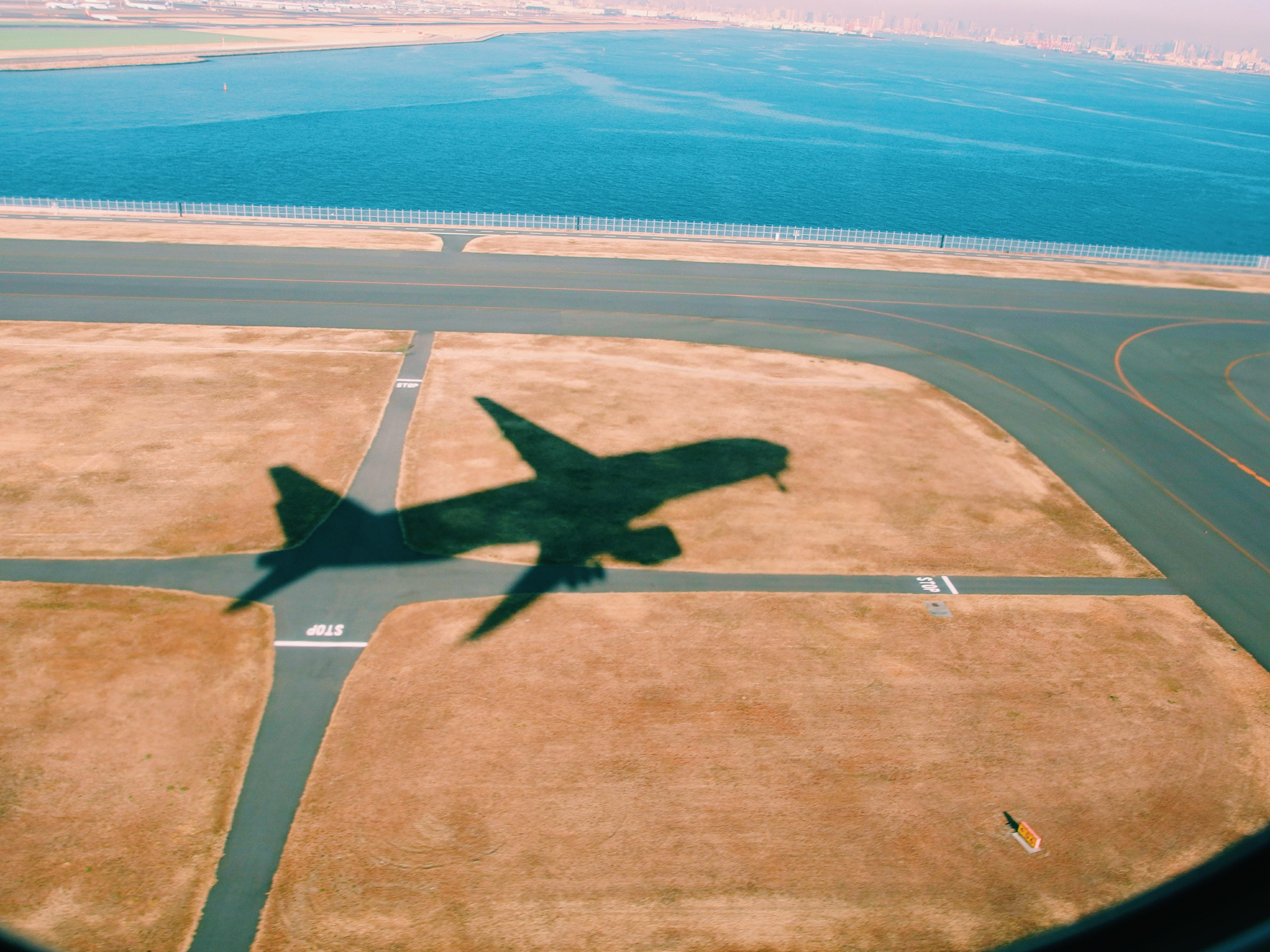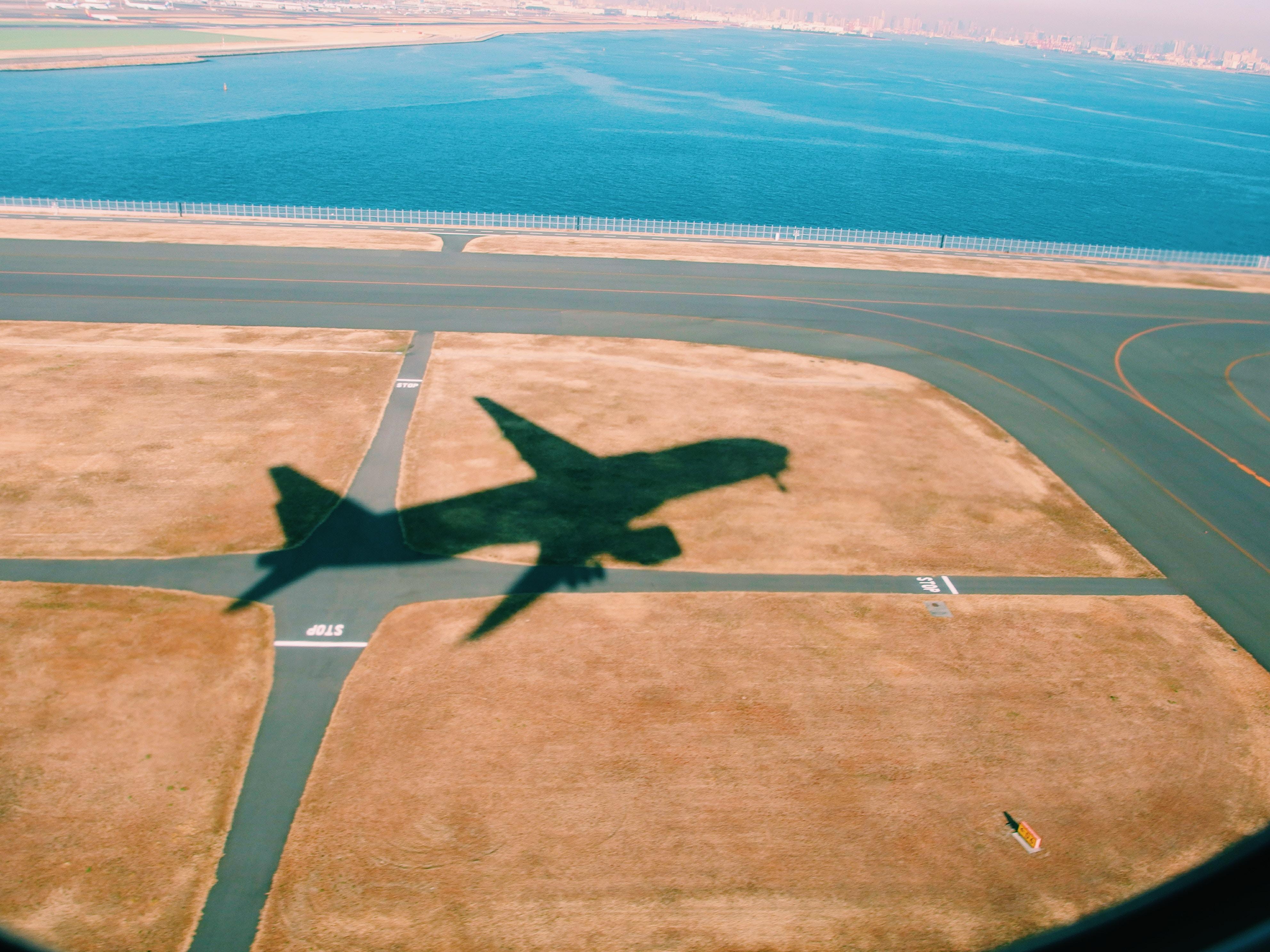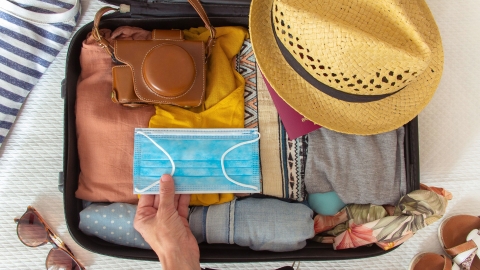Sustainable tourism is a type of tourism based on the rational exploitation and use of natural resources to minimize negative impacts on the human living environment. Experiencing this type of tourism, visitors not only have the opportunity to visit beautiful and attractive places but also make a significant contribution to environmental protection and biodiversity conservation.
Below are some easy-to-follow sustainable travel tips to help travelers have fulfilling trips while also contributing to protecting the environment of their accommodation.
1. Fly directly, except for long-haul flights.
Airplanes are always the preferred mode of transportation for long journeys, but they consume a lot of energy and fuel and are not at all environmentally friendly. Planes use more fuel for takeoff, landing, and airport transfers. Therefore, try to find direct flights to minimize emissions during your trip. Not only that, direct flights also save you considerable energy, allowing you to prepare for exploring new places.
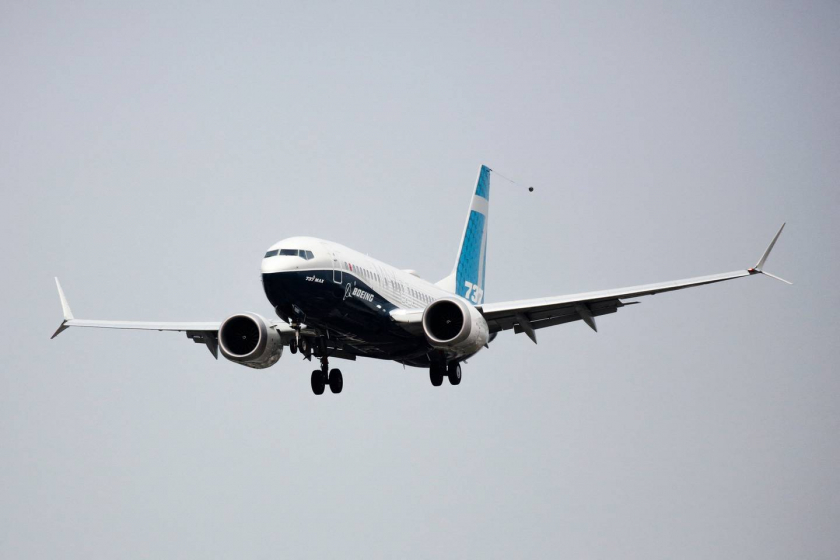
Conversely, for long flights, carrying a large amount of fuel increases the aircraft's weight, thereby reducing flight efficiency and consuming more fuel. Martin Nolan, a travel expert at Skyscanner, stated: "For long flights, after a certain distance, stopping mid-flight to refuel will be more fuel-efficient."
2. Book economy class tickets.
Besides saving money, choosing economy class tickets is also better for the environment. Budget travelers and those flying on low-cost airlines leave a smaller carbon footprint due to the reduced weight on the aircraft.
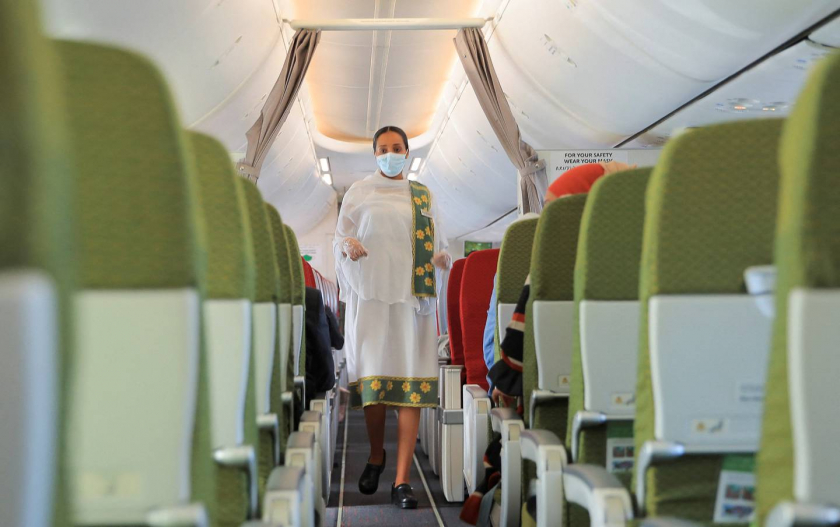
"Premium class seats take up more space on the plane and are much heavier, which reduces the number of people that can fly on the same flight and increases the aircraft's fuel consumption," said Martin Nolan.
3. Compact packaging
Carefully considering what items to bring and packing light helps travelers minimize their environmental impact. Reducing luggage weight also leads to slower fuel consumption for vehicles.
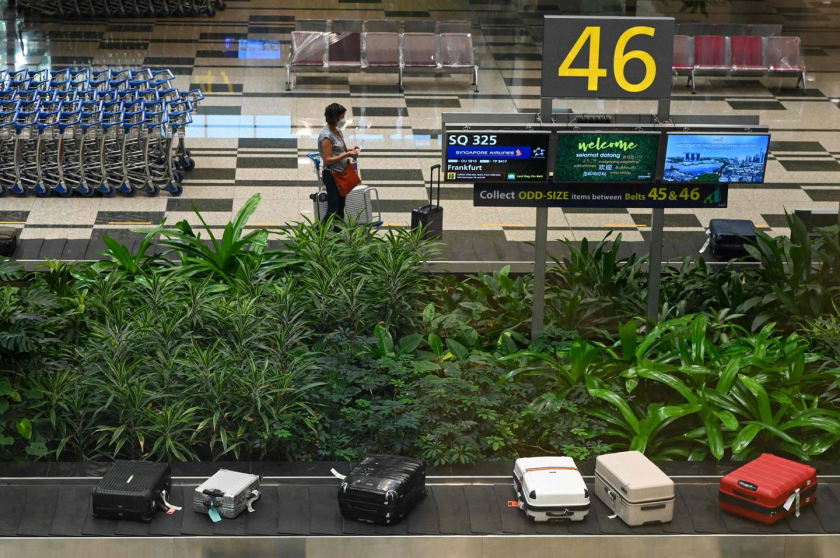
If you can pack lighter, you'll also save on baggage fees. By only bringing essentials for the trip and purchasing toiletries at your destination, you'll allow the plane to fly with a lighter load, making the journey more sustainable.
According to Etihad Airways, carrying less than 5 kg of luggage can help reduce your carbon footprint by 5%, so pack only the essentials before your trip.
4. Pull the window curtains.
A super simple tip to help make your flight safer is to close the window blinds. When flying, lowering the window blinds can help reduce emissions by reducing the energy needed to maintain the cabin temperature.

Nolan explained that the less energy required to power the air conditioning system, the less greenhouse gas will be released into the atmosphere.
5. Leave no ecological footprint.
The total ecological area required to produce the resources consumed by the average citizen of a given community, as well as to absorb the waste it generates.
Offsetting carbon emissions is often referred to as "greenwashing." While not an effective solution to climate change, tourists aiming to offset their personal carbon footprint is a positive step.

Some airlines offer this service directly to passengers, but you can do your own research to make the best decision. Nolan says, “If you don’t agree with the options or prices offered by the airline or provider, you can also consider allocating your own budget and making an independent donation to a conservation charity of your choice.”
Travelers can use the ICAO emissions calculator to help estimate carbon emissions for upcoming flights, and several search engines, including Skyscanner, allow people to search for trips that emit less carbon dioxide than the average for their chosen route.

 VI
VI EN
EN



